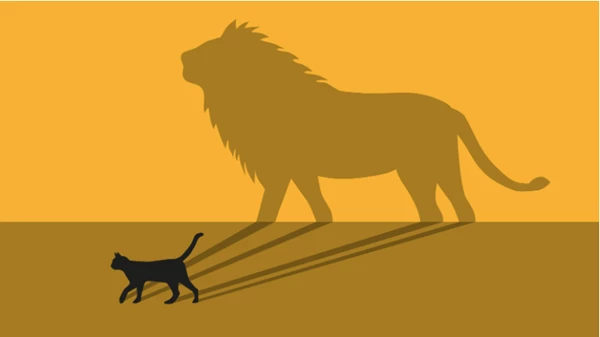Making the future too bright: How wishful thinking might lead us in the wrong direction
Spiritual complex on Bà Đen Mountain, Tây Ninh / A study indicates that suppressing boredom at work has a negative impact on future productivity
People aren't just looking for the truth; many beliefs are impacted by emotions and motivated by what is pleasant or reassuring.
According to Joël van der Weele, a professor of Economic Psychology at the University of Amsterdam, beliefs in an afterlife and optimism about health results are examples.
Van der Weele set out to investigate if people become too optimistic when confronted with prospective challenges, collaborating with professor of Neuroeconomics Jan Engelmann and an international team.
'So far, studies haven't offered convincing proof for wishful thinking, with several not supporting the theory,' says Engelmann. 'However, these were mostly centred on positive outcomes, such as winning the lottery. We looked at how both positive and negative outcomes affect biassed views.'

Understanding self-deception and its causes is challenging in real-world scenarios. The study included a series of experiments with over 1,700 people, both in the lab and online. Participants were quickly shown several patterns, such as sets of differently oriented stripes or coloured dots, and asked to identify the type of pattern they observed.
Some of these patterns were associated with a negative consequence designed to elicit fear, such as a mild and non-threatening electrical shock (in the lab) or a financial loss (online). 'We wanted to see if people made more mistakes when detecting patterns associated with a negative consequence, mistaking them for neutral patterns.
That would be wishful thinking,' says Van der Weele.
The study regularly discovered that participants were less likely to properly identify patterns associated with shock or loss. 'The participants tended to observe a pattern that matched what was more appealing,' Engelmann says. Previous research on wishful thinking and positive outcomes had conflicting results, with many studies failing to establish an effect. Our study clearly shows that negative emotions such as fear over a result contribute to wishful thinking.
Making people more realistic
The researchers also evaluated therapies that aimed to make people more realistic. The first step involved making the patterns easier to identify. According to Van der Weele, reducing ambiguity reduced wishful thinking.
The second action was to increase the possible profits for correct pattern recognition. This intervention had minimal effect, except when participants were able to obtain more information about the specific pattern they were shown.
'When people had more time to gather data and were better rewarded for good answers, they were more realistic,' says Engelmann.
Finally, in tests where negative outcomes were replaced with positive outcomes, subjects demonstrated no wishful thinking.
According to the authors, this demonstrates how diminishing negative emotions can reduce overoptimism.
Wishful thinking in the 'real world'
The authors acknowledge that wishful thinking might be beneficial since it helps us cope with negative emotions and manage uncertainty. Engelmann: 'Wishful thinking is helpful for humans in coping with anxiety about possible future events.' Van der Weele and Engelmann are concerned about circumstances in which excessive optimism prevents people from obtaining necessary knowledge or responding in a way that benefits them. People can become overly optimistic when things are unknown. We see this with climate change, financial market fluctuations, and even in personal health crises where people resist seeking medical attention because they believe everything will be alright. We need to understand when wishful thinking is beneficial and when it is harmful.
Journal reference: Jan B. Engelmann, Maël Lebreton, Nahuel A. Salem-Garcia, Peter Schwardmann, Joël J. van der Weele. Anticipatory anxiety and wishful thinking. American Economic Review, 2024; 114(4): 926. DOI: 10.1257/aer.20191068.
End of content
Không có tin nào tiếp theo



